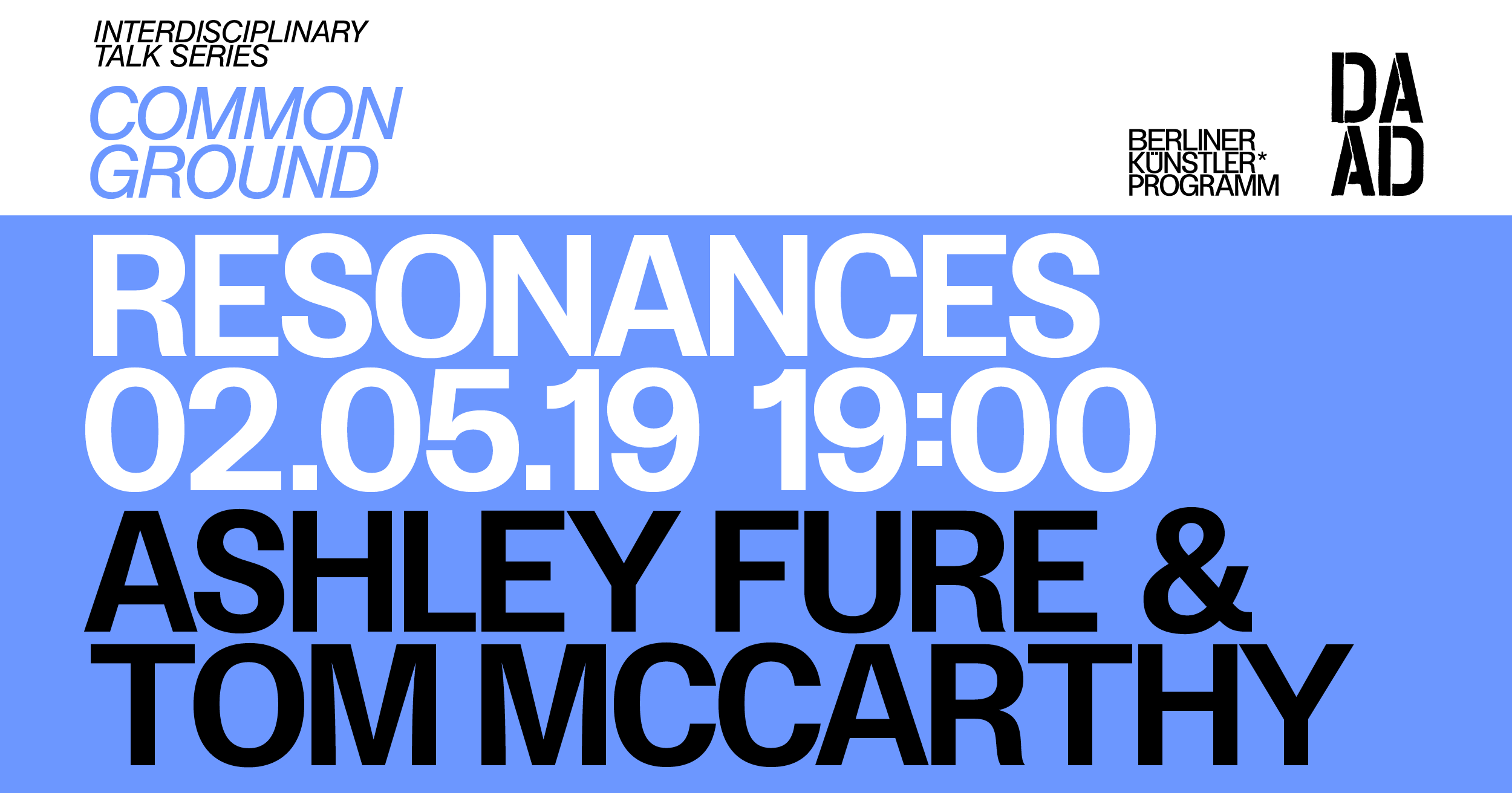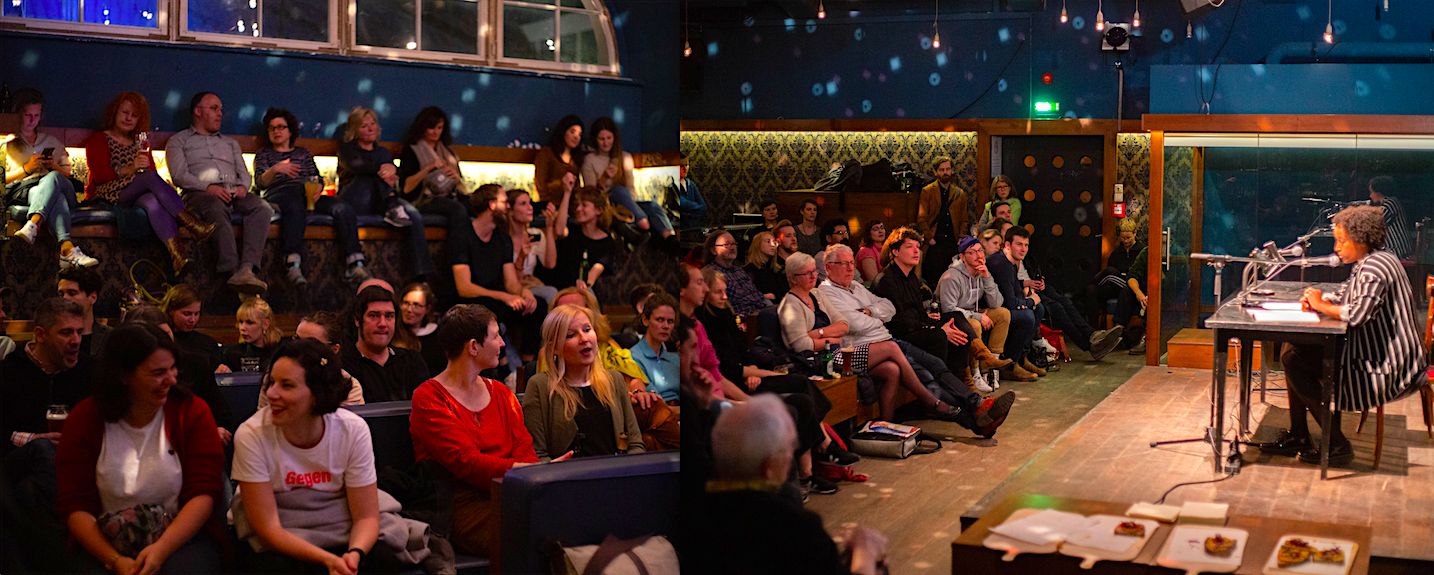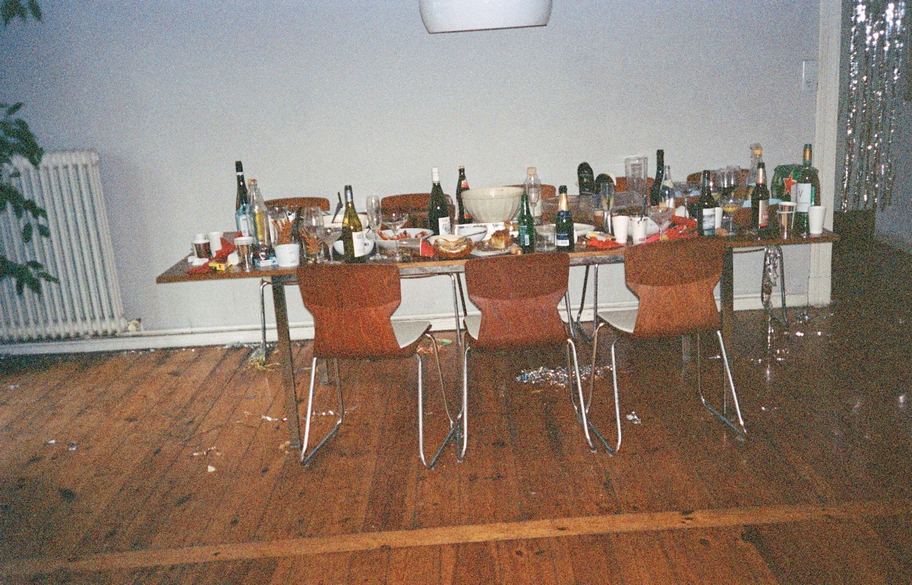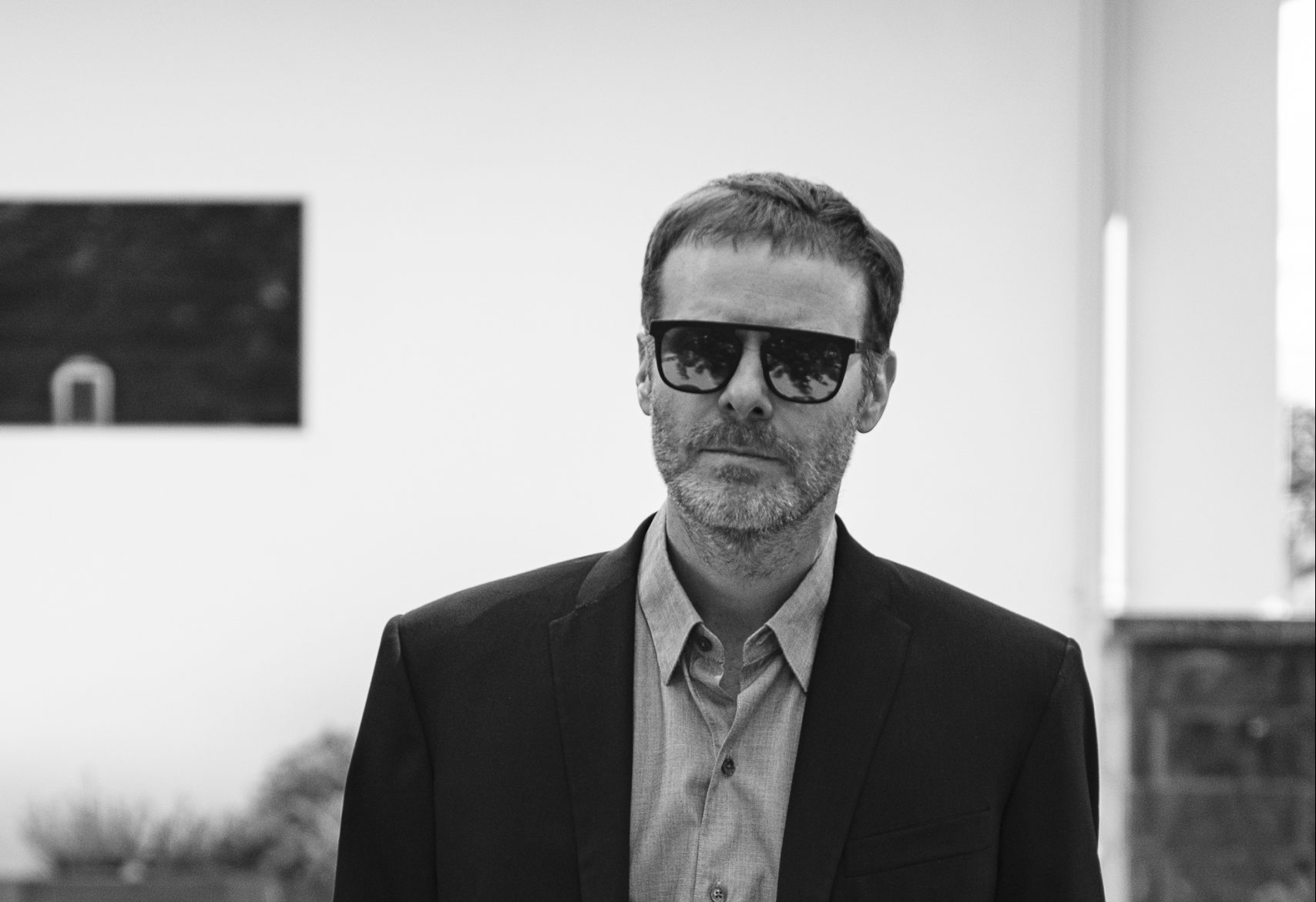Great Britain / Sweden, Literature, 2019
Tom
McCarthy
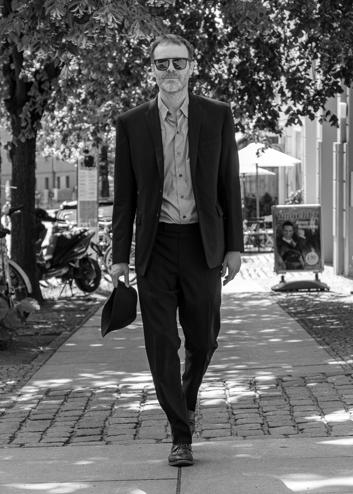
“Anything I could say about myself outside of talking about literature is kind of banal,” Tom McCarthy once remarked, acknowledging his deep enmeshment in the literary world, which is somehow both his identity and destiny: “Ever since I was a child I assumed I’d be a writer.” Born in 1969, McCarthy grew up in London. After studying literature at university he spent the 1990s in Prague, Amsterdam and Berlin, cities where he could live cheaply, write and hang out with visual artists. For him, the art world “provides the arena in which literature can be vigorously addressed, transformed, and expanded.”
Another big influence was, and remains, the Belgian cartoonist Hergé, whose Tintin adventure The Broken Ear McCarthy has read more than a hundred times: he used its plot for his first novel Men in Space and later wrote a monograph, Tintin and the Secret of Literature, about all the possibilities of literature – its “formal keys, its trade secrets” – as exemplified in Herge’s series.
McCarthy’s own award-winning fiction explores and extends the realm of narrative possibility. His novels retain the conventions of plot and character, yet formal innovation and intellectual daring distinguish his writing, powering it towards the avant-garde. In his critically acclaimed, best-selling novel, Remainder, the hero spends time and money obsessively recreating and re-enacting vaguely remembered parts of his past. The spiral of repetition spins the hero’s personal anguish with scintillating rumination.
McCarthy’s deep interest in art and history, in criticism and philosophy, is even more explicit in C, which interrogates the relationship between technology and reality through the story of Serge Carrefax who is obsessed by the new media technologies of his time – 1898-1922 – especially the radio (analogous with the Internet) whose dial he often turns, tuning in to local and distant frequencies, conjuring images to match what he hears. The setting may be historical, but the concerns are utterly contemporary, while the sounds conjure all time: “…the C is everywhere,” Serge hears. “The sea?” he wonders, only to be told: “The letter: C.” Caul, Cocaine, Chute, Crash, Call, Carbon – c-words pulse like currents through the text, electric with meaning.
An ongoing dialogue with other artists and thinkers drives McCarthy’s work. His every sentence hums with the static of associations, allusions, intimations – a kind of sensory overload, which in itself is one of his enduring preoccupations. His novel, Satin Island, playfully signals the many dimensions of his writing with one line on the cover: An Essay A Report A Treatise A Manifesto A Novel A Confession. No wonder then that he refuses simple labels like the “British” one extended to him by the Royal Academy in the wake of Brexit. “I’m not an example of “British creativity”,” he wrote in response. “Like all English-language writers, I’m thoroughly European. …And,” he elaborated, “to be European is already to be African and Asian.”
Text: Priya Basil


